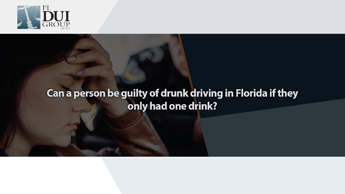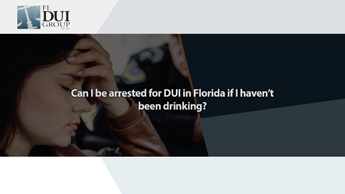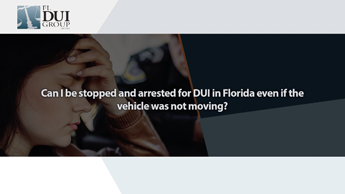Winter Haven School Teacher Charged In DUI Crash

Polk County officers say that 57-year-old Kathryn Lewis made a left-hand turn into the direct path of an oncoming Toyota Corolla. After the crash, the Toyota driver said Lewis was “not making sense” and attempted to “walk away from the accident.” At this point, the other driver flagged down an off-duty police officer who brought Lewis back to the crash scene. Officers say that Lewis was clearly intoxicated, including bloodshot eyes, slurred speech, and difficulty maintaining her balance.
Lewis will face charges of DUI and DUI causing property damage. She refused to submit to an alcohol test, meaning her license has been automatically suspended, but she admitted that she’d messed up badly and had been drinking earlier at a party. She will still face charges for DUI.
Understanding Florida’s implied consent law
The government is big on implied consent. Anyone in the State of Florida who accepts the privilege of driving on Florida’s vaunted highways is required by law to give a breath or urine sample to police. They can, however, refuse to give these samples, but not without consequence. They will still face DUI charges.
One thing you may have noticed is that Florida’s implied consent law only applies to breath and urine. What about blood? Blood is a different story.
Compelling a blood test
In Florida, there are two instances in which a police officer can compel a driver to turn over blood. The first instance involves cases in which urine or breath testing would not be possible or appropriate. The second instance is when police have probable cause to suspect a driver of causing a death during an accident.
A third instance in which police may take blood from a driver involves requesting a blood sample. If the driver gives their consent, then the evidence gleaned from the blood test can be used against them in a court of law.
Defenses to implied consent
All defenses to implied consent are procedural, meaning that they involve all those “technicalities” that people tend to complain about. Meanwhile, the Constitution and the Fourth Amendment are among the “technicalities” they speak of.
Nonetheless, an officer must accurately state the law and cannot induce, threaten, or promise when commanding a urine or breath test. The driver must be made aware of the implied consent warning. Lastly, they must have probable cause to stop the vehicle in the first place.
In most cases, there is no defense to implied consent requirements and the information gleaned by officers can be used against you in court. However, the penalties for refusing chemical tests are just as severe as DUI, so there’s no real upside to avoiding it.
Talk to an Orlando DUI Attorney Today
Facing DUI charges in Orlando, FL? You need a skilled Florida DUI defense attorney to mitigate the potential damage to your finances and future. Call FL DUI Group today to schedule a free consultation and learn more about how we can help.
Resource:
clickorlando.com/news/local/2021/02/12/i-messed-up-bad-polk-county-teacher-accused-of-causing-dui-crash/








